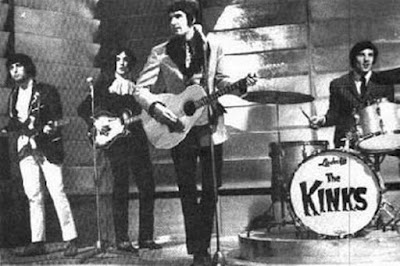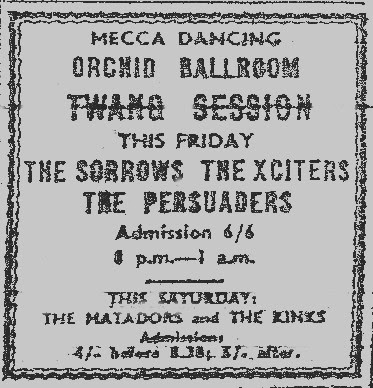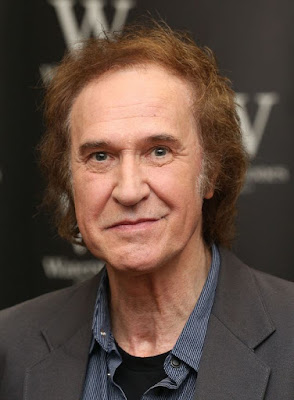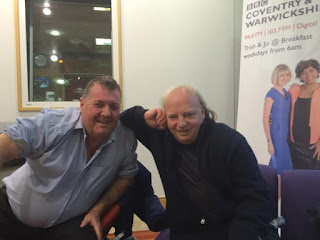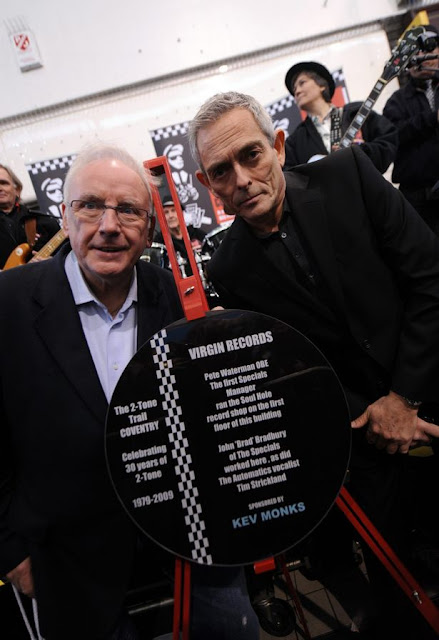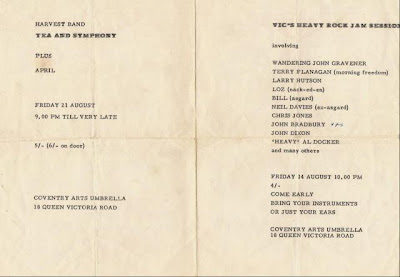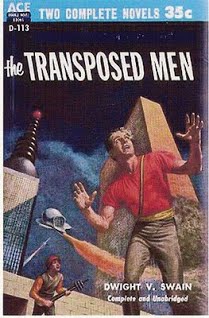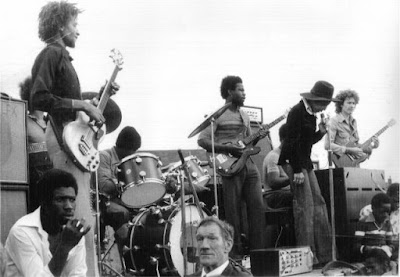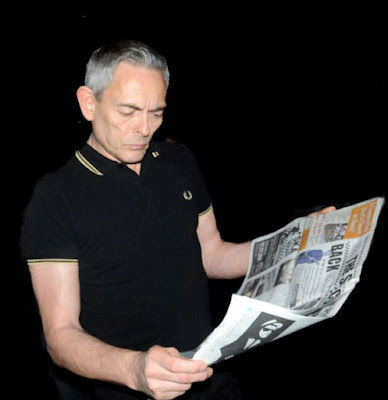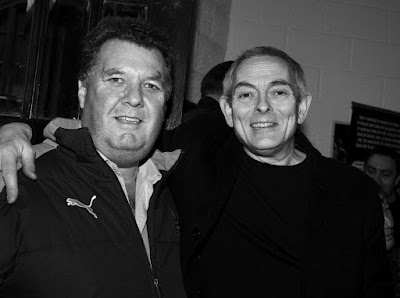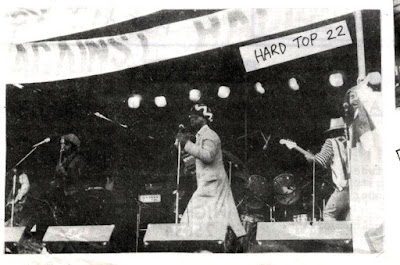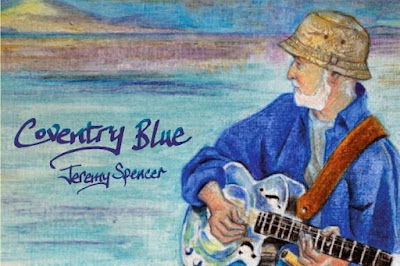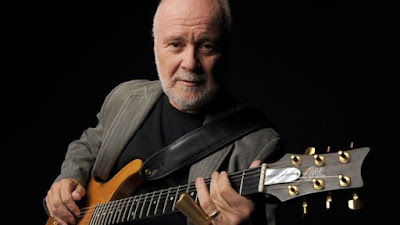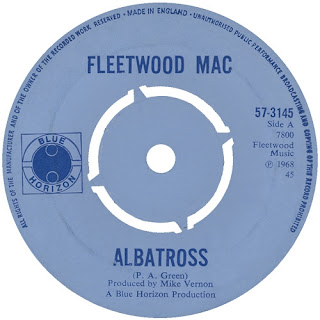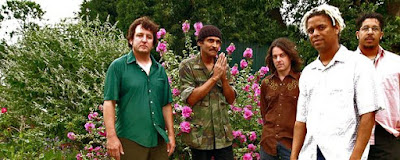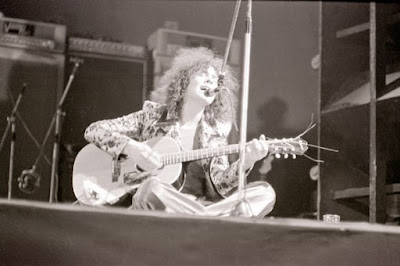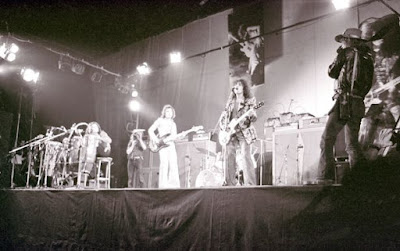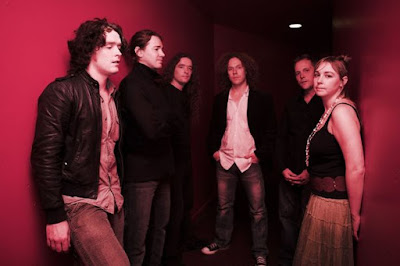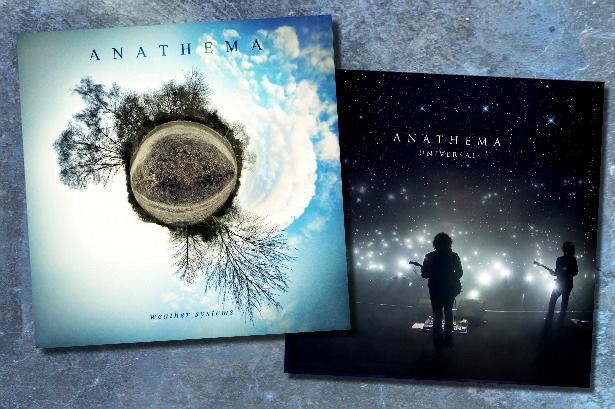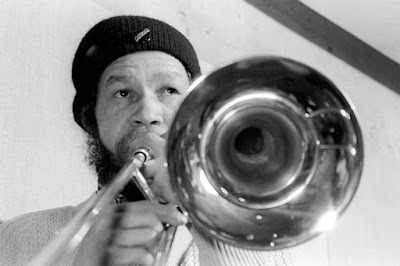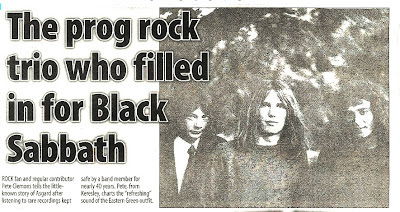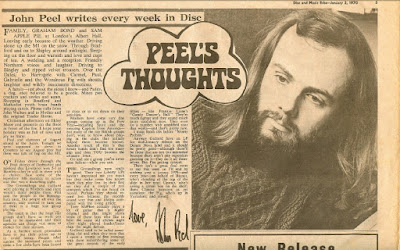Yet another article for the Coventry Telegraph from the pen of Pete Clemons –
When The Kinks came to Coventry
By Pete Clemons who remembers two early appearances from Ray Davies and co
Thumbing through a recently published glossy rock magazine my attention was grabbed by an article relating to North London favourites The Kinks.
The article mentioned the fact that on 1 February 1964 The Kinks had played their debut gig with the classic line-up of Ray Davies guitar and vocals, Dave Davies on lead guitar, Pete Quaife on bass and drummer Mick Avory.
This, in turn, led to me being reminded about a gig during the very early part of January 1964 that featured both The Kinks and the incredibly hard-working Warwickshire band The Matadors. Immediately my curiosity got the better of me.
If The Kinks debut gig was on 1 February, what then was going on during early January?
This Kinks / Matadors event happened at The Orchid Ballroom, now known as The Kasbah. The Orchid Ballroom at that time was being run by Larry Page who, by early 1964, was also part of the management team running the affairs of the Kinks. So here was an obvious link. Larry had clearly brought the group up to Coventry for some experience away from London.
But then that begs another question. If Larry Page was managing The Kinks then why did they sign up to Pye Records and not Decca. After all Larry Page had secured recording contracts for Coventry bands and artists such as Johnny B Great and the Goodmen, The Orchids and Shel Naylor (aka Rob Woodward of Lieutenant Pigeon) on Decca Records. I guess the answer to that though is not really relevant here.
Anyhow, returning to the article that initially took my interest, it all had me wondering that if this was not the classic line-up who debuted on the 1 February then who was in the band at that time and what might they have played on that January night in Coventry.
Well without doubt both Ray and Dave Davies along with Pete Quaife would have been present. They had been members of the band that had been known as The Ravens from around October/November 1963 till the end of that year and maybe just slightly into 1964. In fact legend has it that Larry Page had been very instrumental in encouraging The Ravens to change their name to The Kinks.
So that just leaves the drummer. Mick Avory joined The Kinks during the last week or so of January, after an advert he had placed in Melody Maker was answered by the band and their management. I have also read that the bands management, Boscobel Productions, had also placed an advert for a drummer. Maybe both had taken out adverts but, either way, Mick Avory would not have drummed for The Kinks on this particular occasion.
The Ravens had had a drummer by the name of Mickey Willet. And it may well have been Mickey who sat in on the drums that night.
However it seems that Mickey, although a very good drummer, had been slightly older than the rest of the band and his image did not fit the great scheme of things going forward. Also, Mickey apparently did not see eye to eye with the management. At some point Mickey Willet was asked to leave the band.
Further research in the Ray Davies book, X-Ray, revealed that a replacement drummer needed to be found to cover the bands schedule while a permanent drummer was found. That drummers name was Johnny Green and my gut feeling is that he is the guy who filled in for The Kinks that night. But here I am trying to micro manage the days in a chain of events that happened during a ten week period some 50 plus years ago.
The Kinks had been scheduled for some recording time at Pye number 1 studios round about the week commencing 20 January 1964. Still without a permanent drummer they drafted in session player Bobby Graham.
They recorded several songs that included what would turn out to be their first two singles. The tracks included ‘Long Tall Sally’, ‘I Took My Baby Home’, ‘You still Want Me’, ‘You Do Something To Me’, ‘I Don’t Need You Anymore’. The Ravens had recorded songs such as ‘Revenge’ and ‘Oooba Dioba’.
Another song from the days of The Ravens ‘One Fine Day’ written by Dave Davies was actually recorded by Shel Naylor (Coventry’s own Rob Woodward). So I am guessing that these are the tunes that would have greeted the audience at The Orchid Ballroom.
Within a week of Mick Avory joining The Kinks they found themselves on the iconic TV programme ‘Ready, Steady Go!’ They appeared alongside the likes of Manfred Mann, Ben E King, John Leyton and Kiki Dee.
The Kinks returned to Coventry during March 1964. This time they were part of a package tour that featured The Dave Clark 5 and The Hollies that called into The Coventry Theatre.
But even then this was still a fledgling version of the band and the set list would have been similar to their January visit. It was not until August 1964 that The Kinks really hit their stride when they got to number 1 with their third single ‘You Really Got Me’. This was followed by ‘All Day and All of the Night’ in the October and ‘Tired of Waiting For You’ released during January 1965.
Larry Page, who moved on from The Orchid Ballroom, remained with The Kinks until around September 1965. By then he was involved with another band who would also reach legendary status, The Troggs.
There have been many hints over the last few years, in fact I only heard Ray Davies mention it on the TV recently, that there may be a possibility that The Kinks could well yet tour again.
Time will tell I guess but I wouldn’t hold my breath. However today, Ray Davies still tours occasionally and has been added to the songwriter’s hall of fame. Dave Davies appears to have recovered well from a stroke and has begun playing again.
Pete Quaife sadly passed away during 2010 and Mick Avory leads a band called the Kast Off Kinks which features past members of the band.

